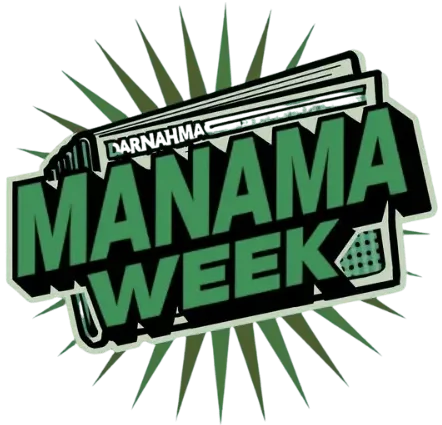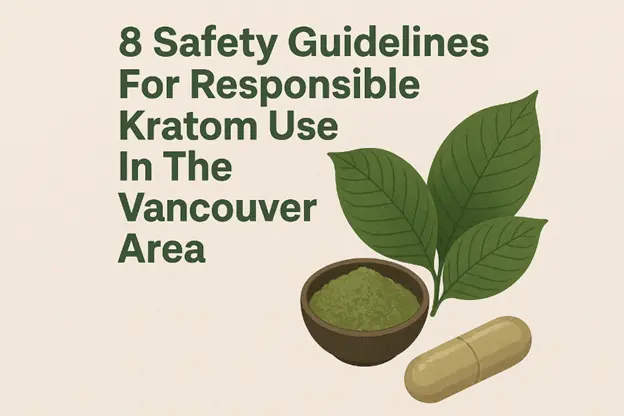
Olympus Scanlation
Olympus Scanlation is a standout name in the world of manga scanlation, known for its dedication to high-quality, non-commercial English translations of Japanese manga. The term scanlation refers to the combination of scanning and translation—typically an unofficial process where manga is translated into different languages and shared freely with fans.
Unlike many amateur groups, Olympus Scanlation (also referred to as olympusscanlation or olympus scalation due to common misspellings) is driven by a strong ethical code, professional-grade workflow, and a deep passion for manga culture. In this article, we’ll explore how this group operates, the values that set them apart, their contribution to the global manga community, and the challenges they face as the industry evolves.
The Origins and Vision Behind Olympus Scanlation
Olympus Scanlation began as a small fan initiative aimed at translating a single out-of-print manga series that lacked an English version. What started as a passion project quickly gained traction within the manga community, as fans recognized the team’s quality and dedication. Over time, the group expanded, attracting volunteers from all over the world—translators, editors, designers, and proofreaders—who shared the vision of delivering faithful, polished translations of manga that might otherwise remain inaccessible.
Olympus’s guiding philosophy is to focus on artistic value over commercial popularity. They prioritize titles that showcase deep narratives, emotional expression, or unique artistic styles—even if those works aren’t mainstream hits. This commitment has made them a beacon for fans of underappreciated or forgotten manga.
What Sets Olympus Scanlation Apart?
Professional Standards in a Volunteer Space
Most fan scanlation groups operate casually, but olympus scanlation mimics the professionalism of publishing houses. Every page goes through rigorous editing, typesetting, and quality control, resulting in a reading experience that rivals many official releases.
Regular Updates and Community Engagement
Unlike some scanlation groups that vanish after a few chapters, Olympus maintains regular release schedules, keeping readers engaged. They also rely on community polls and discussions to select upcoming projects—giving fans a sense of ownership.
Ethical and Responsible Practices
Operating in a legal gray area, Olympus takes an ethical approach to scanlation:
- They immediately stop translating any series that receives an official English license.
- No advertisements or paid access is ever placed on their content.
- Fans are encouraged to purchase official volumes when available to support the creators.
These values distinguish olympusscanlation from for-profit piracy websites.
How Olympus Scanlation Works: A Behind-the-Scenes Look
Olympus Scanlation follows a meticulous, multi-step production process that involves numerous skilled contributors. Here’s a breakdown:
1. Title Selection
Through Discord and forums, fans vote on which series the team should translate next. Priority is often given to:
- Manga without any official English translation
- Works that were abandoned mid-series by other publishers
- Niche genres with high artistic or cultural value
2. Raw Acquisition
High-resolution scans are sourced from legally purchased volumes or reputable digital archives. Olympus emphasizes the importance of starting with quality raw images.
3. Cleaning and Redrawing
The Japanese text is removed from speech bubbles and background areas, while artists meticulously redraw parts of the artwork that were covered. This labor-intensive process is crucial for seamless results.
4. Translation and Contextualization
Native or fluent Japanese speakers handle the translation. More than just a literal conversion, they preserve cultural nuance, idioms, and tone to ensure authenticity for English-speaking readers.
5. Proofreading and Localization
After translation, English editors refine the text. This includes:
- Checking for grammar and punctuation
- Adapting jokes, slang, and puns without losing the original meaning
- Ensuring natural dialogue flow
6. Typesetting
Typesetters reinsert the translated dialogue using stylized fonts that match the tone of the manga—whether whimsical, dramatic, or action-packed.
7. Final Quality Check
A separate quality control team performs a line-by-line, page-by-page review to catch any inconsistencies or errors before public release.
This multi-layered approach reflects the team’s dedication to perfection, even without compensation.
Genres and Manga Styles Covered by Olympus Scanlation
Olympus doesn’t chase trends—they curate projects based on quality, depth, and artistic value. Some of the key genres they frequently work on include:
Supernatural and Fantasy
Olympus excels at capturing the magical realism and mythological roots common in fantasy manga, paying special attention to lore, world-building terms, and visual consistency.
Drama and Psychological Thrillers
Complex plots, internal monologues, and layered symbolism are handled with care, ensuring readers feel the intended tension and emotion.
Slice of Life and Historical Dramas
These works often reflect Japanese culture and traditions, and Olympus goes the extra mile in providing cultural footnotes or translator’s notes to help international readers understand the context.
Olympus Scanlation’s Impact on the Global Manga Community
Resurrecting Forgotten Titles
Many series that Olympus picks up have been dropped by publishers or were never licensed in the first place. Their translations give new life to these hidden gems.
Bridging Cultural Gaps
By translating culturally rich content and explaining references, olympus scanlation fosters deeper understanding and appreciation of Japanese media and society.
Empowering the Manga Fandom
Fans can get involved in meaningful ways—voting on new projects, volunteering for roles, or offering feedback through Discord, Reddit AMAs, and social media channels.
Legal and Ethical Boundaries in Scanlation
Scanlation exists in a gray area—technically unauthorized, but often born out of love for the medium. Olympus follows several ethical principles to maintain integrity:
- No monetization: No ads, no merchandise, no Patreon.
- Respect for licensing: Projects are immediately pulled once an official translation appears.
- Promotion of official works: Olympus encourages fans to buy legal versions whenever possible.
This approach helps olympus scalation avoid conflicts with publishers and creators, while still providing access to fans in underserved markets.
Technological Tools Used by Olympus Scanlation
To maintain consistency and quality, Olympus uses a wide range of professional software and collaborative tools:
- Adobe Photoshop: For cleaning, redrawing, and typesetting.
- Grammarly and Hemingway: To ensure clean, fluent English.
- Trello or Notion: For task assignment, timelines, and project coordination.
These tools allow a team scattered across time zones to work smoothly and effectively.
The Future of Olympus Scanlation
As official publishers increase the speed and scope of global manga distribution, Olympus faces new challenges:
- Tighter licensing windows limit the time fan groups have to complete translations.
- Digital rights management on e-books and online manga makes raw acquisition harder.
However, Olympus is already adapting:
- Exploring collaborations with indie creators
- Experimenting with AI tools to streamline cleaning and editing (without removing the human touch)
- Considering multi-language releases to reach broader global audiences
Frequently Asked Questions (FAQs)
Is Olympus Scanlation legal?
No, like all fan scanlation groups, they operate in a legal gray area. However, they follow strict ethical guidelines.
Does Olympus make money from scanlations?
No. Olympus is a 100% non-commercial volunteer effort. They do not accept donations or place ads on their content.
Can I join Olympus Scanlation?
Yes. Olympus regularly recruits new translators, editors, typesetters, and proofreaders through open calls on their Discord server.
How can I support Olympus without donating?
By participating in community discussions, voting in polls, and spreading awareness about their work and the manga they translate.
What happens if a manga gets licensed?
Olympus immediately ceases work on the series and removes any existing chapters from distribution.
Do they only translate obscure manga?
Not necessarily. They often work on niche titles, but they also finish or restore series abandoned by other groups or publishers.
Why is quality so high in Olympus releases?
A structured workflow, expert volunteers, and rigorous quality control are key to their success.
How do they select projects?
Community polls, editorial review, and the availability of raw materials guide project selection.
Are Olympus Scanlation projects archived online?
Yes, though availability may change based on licensing. They do not host downloads once a series becomes licensed.
What’s the difference between “olympusscanlation” and “olympus scalation”?
These are just common misspellings of Olympus Scanlation. The correct term is “scanlation,” a blend of “scan” and “translation.”
Conclusion
Olympus Scanlation has carved out a unique space in the manga world by blending passion, professionalism, and ethics. Their unwavering commitment to delivering beautifully translated, culturally accurate manga—without profit—has earned them a loyal following and a respected name. Whether you’re a lifelong manga reader or a curious newcomer, Olympus offers a gateway to stories you won’t find on bookstore shelves.
Through their efforts, olympusscanlation has expanded global access to Japanese art and storytelling, built vibrant communities, and inspired fans to support the manga industry. As they navigate the changing landscape of digital media, one thing remains certain—Olympus will continue championing the power of manga to cross borders and connect hearts.







